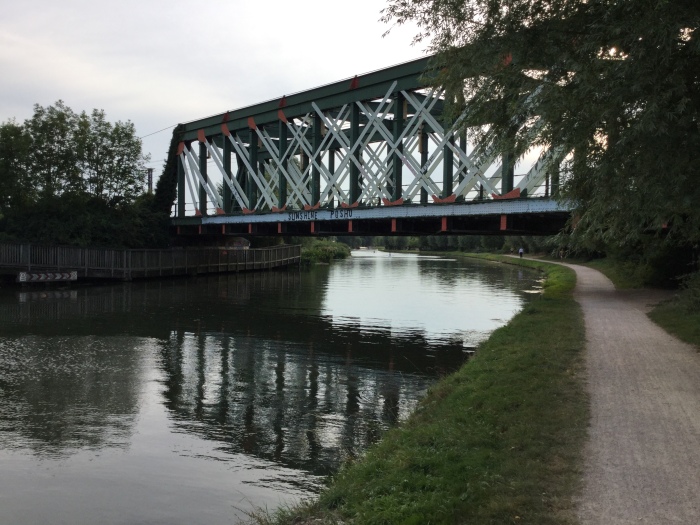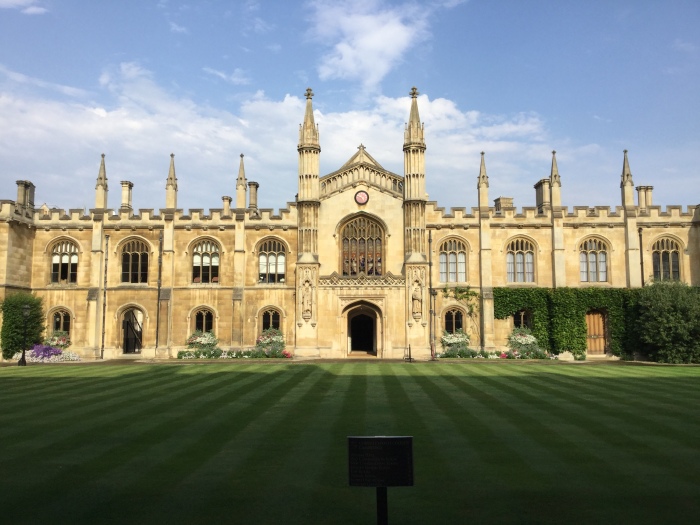This was the title of a recent workshop held by the Past Earth Network
(PEN) in Cambridge. PEN is one of 4 EPSRC-funded networks aiming to
bring together mathematicians/statisticians and environmental scientists
to help address problems in environmental change. While I wasn’t part
of the PEN bid, I am acting as one of the co-leaders of one of the working groups (primarily interested in translating paleoclimate research to forecasting climate change).
The
workshop was organised by another two of the working groups but they
were kind enough to invite me as one of the speakers. But before it
kicked off on Wednesday morning, I had the chance to go for a row
on Tuesday night as a sub in William’s boat, which was fun. Haven’t
done a whole lot of rowing in the past 20 years but it’s apparently not
something you forget too easily, at least not after doing it in my sleep
at 7am for several years…

The
sessions were arranged with two speakers (nominally one climate
scientist and one statistician) talking around a specific theme, such as
parameter estimation/model tuning, spatio-temporal modelling, and time
series analysis/tipping points. Some of these worked particularly well
when both speakers were able to approach the same topic from different
angles. There was quite a lot of overlap in scope between sessions with
similar issues coming up in discussion throughout the meeting. For
example, almost everyone was doing some sort of model-data comparison or
synthesis, and it’s not always easy to decide how to do this. The first
session on parameter estimation and uncertainty quantification was
particularly good – it highlighted some practical and theoretical
considerations that weren’t immediately obvious and which could
materially affect research outputs.
The
session I was talking in was about data assimilation, which is of
course very much focussed on methods for model-data synthesis. Perhaps a
limitation from the statistics point of view is that it tends to take a
very model-centric view of the world, in that we are fundamentally
trying to construct a model-like state that resembles reality (born out
of its basis in model initialisation and weather forecasting), rather
than just using models as one tool in reconstructing reality. Some state
of the art particle filtering ideas discussed by the other speaker are
likely to be useful to me, so I found that a particularly interesting
part.
Cambridge
was in the middle of a heatwave so it wasn’t ideal weather for sitting
in a lecture room but as well as the rowing we had an afternoon of
punting so it wasn’t all work and no play.

Corpus Christi, where we didn’t stay, looking resplendent in the sunshine.
|
Wednesday, September 14, 2016
BlueSkiesResearch.org.uk: Assessing Paleoclimate Uncertainty
Labels:
blueskiesresearch,
climate science
Subscribe to:
Post Comments (Atom)
3 comments:
Thanks again for rowing for us. I'm still a little puzzled how I managed to see you running on the Sunday... was that at the end of the workshop?
Um....that must have been my body double, I gave him a few days off. I was in Settle on Sunday (when I wasn't driving jules to the airport).
They all look the same, these tall white men. I get confused too...
Post a Comment